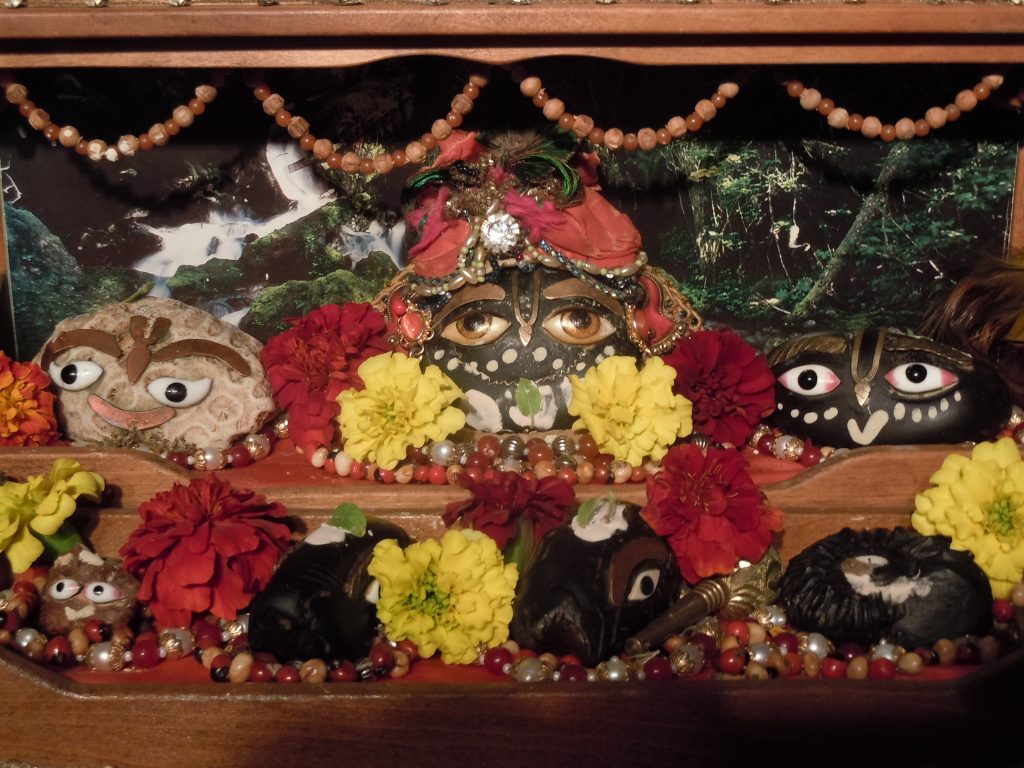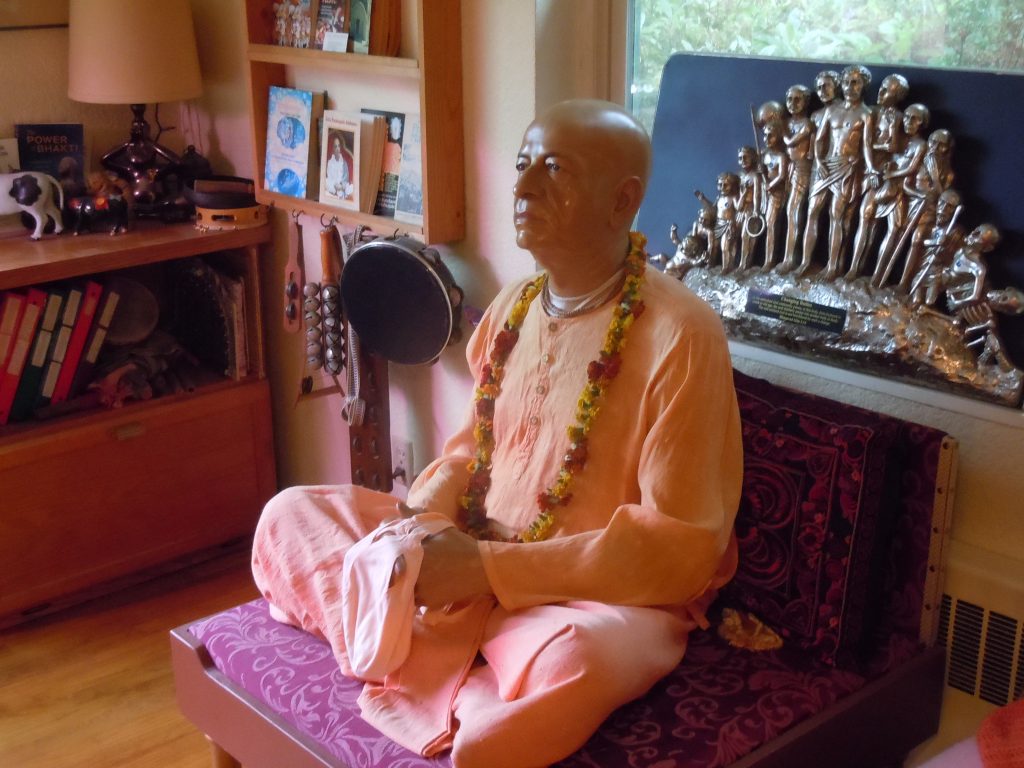- September 21, 2021These links go with the article about the recent ritvik fire yajna Ritvik Debate Links …
- September 21, 2021Hare Krsna--We have two items below-first is the video presentation of a recent devotee becoming initiated on behalf of Srila…

Under the guidance, inspiration and authority of
His Divine Grace A.C. Bhaktivedanta Swami Prabhupada
Founder-Acharya of the Krishna Consciousness Movement
Srila Prabhupada: “I wish that each and every branch shall keep their separate identity and cooperate keeping the acharya in the center. On this principle we can open any number of branches all over the world. (Letter, February 11, 1967)







